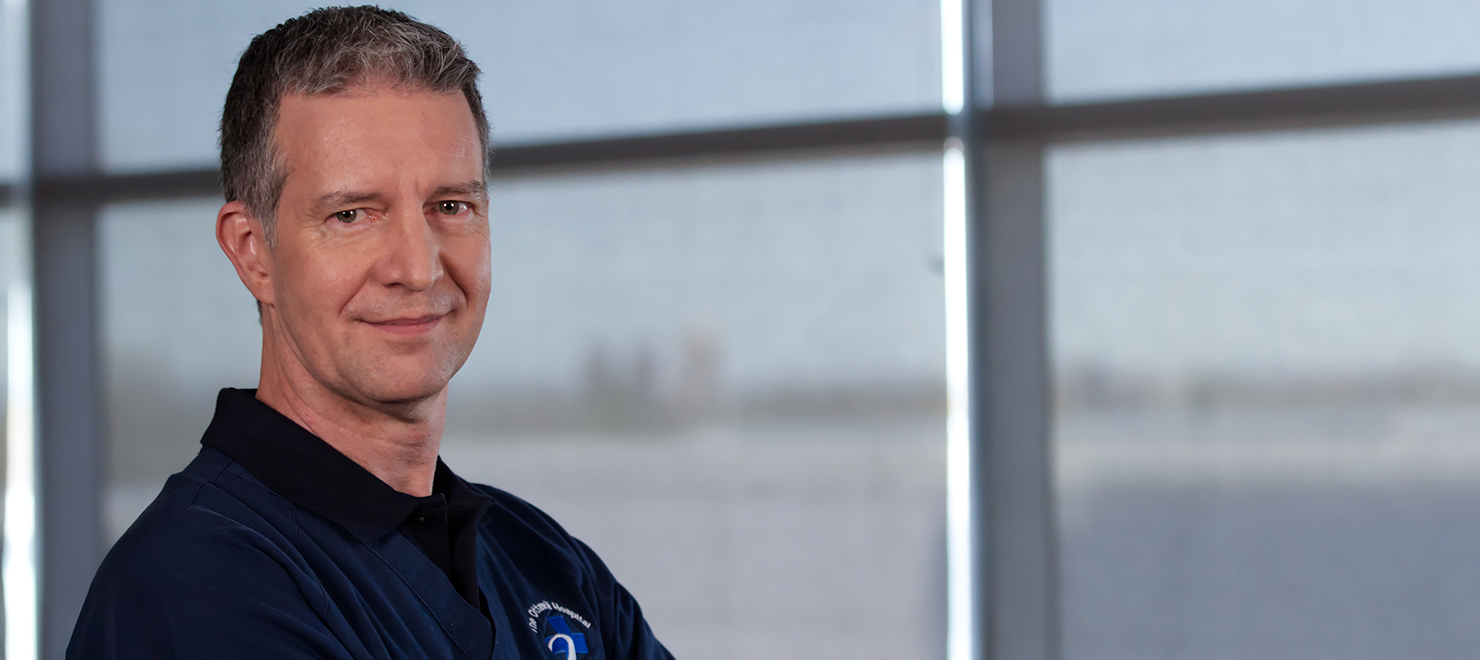
Do you ever think about how many times a day you visit the restroom to urinate?
On average, people tend to go around six to seven times per day.
However, for some, what should be a simple and normal activity becomes challenging and uncomfortable. One such condition that affects individuals assigned male at birth is benign prostatic hyperplasia (BPH).
BPH is a non-cancerous condition that occurs when the prostate gland is enlarged, which can result in urinary problems that affect daily life and health. BPH usually occurs in men who are in their 60s, 70s and 80s, a time in life when the prostate is known to grow larger.
In this video from our YouTube Health series, Dr. Neal Rowe, Urologist at The Ottawa Hospital, sheds light on BPH, including its symptoms, how it’s diagnosed and treatment options.

Support patient care and research at
The Ottawa Hospital
You might also like…
Living with chronic pain? This online tool offers help — and hope
The Power Over Pain Portal is a free virtual resource hub designed to help empower youth and adults living with chronic pain through education and peer support.
What to do in an emergency: New first aid video series on YouTube
Would you know what to do if you saw someone experience a stroke, heart attack or opioid overdose? We’ve launched a series of easy-to-follow videos on YouTube that walk you through how to respond to common first aid emergencies.
Flu season 101: A quick guide to keeping the sniffles away
Got two minutes? This short guide could help you make it through flu season without stocking up on tissues.
Aging well: Guidance for older adults
In this special video series for both older adults and their loved ones, geriatric care specialists from The Ottawa Hospital offer guidance on navigating common health-care challenges that may arise with aging.
How to stay safe around water this summer
Drowning can happen to anyone — even strong swimmers. Emergency physician Dr. Christian Vaillancourt debunks common myths about drowning, explains how to act quickly to save a life, and shares what you can do to keep yourself and your loved ones safe around water.
What’s the difference between an optician, optometrist, orthoptist and ophthalmologist?
“Do I need to see an optician, optometrist, orthoptist or ophthalmologist?” We asked Ophthalmologist Dr. Annick Fournier to break down each role so you will know who to consult for your specific eye care needs.


 To reset, hold the Ctrl key, then press 0.
To reset, hold the Ctrl key, then press 0.





